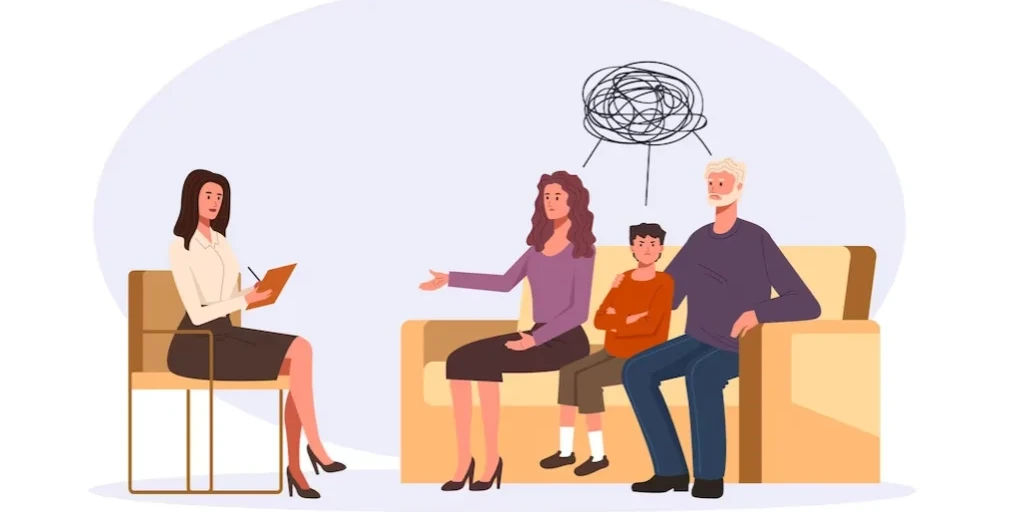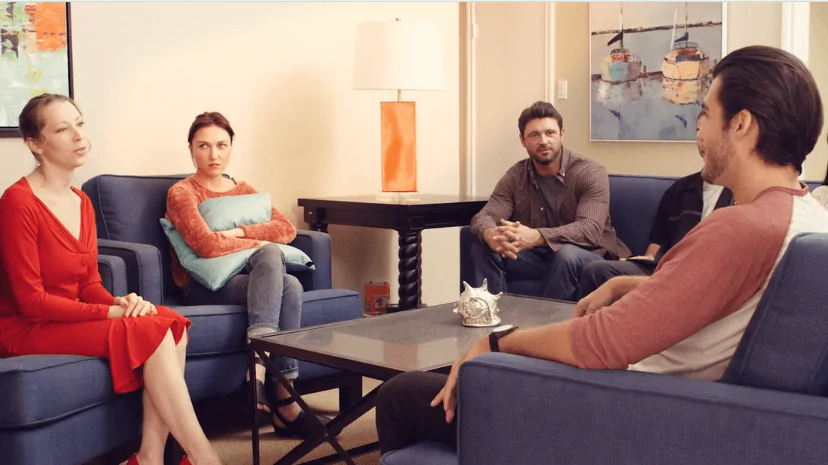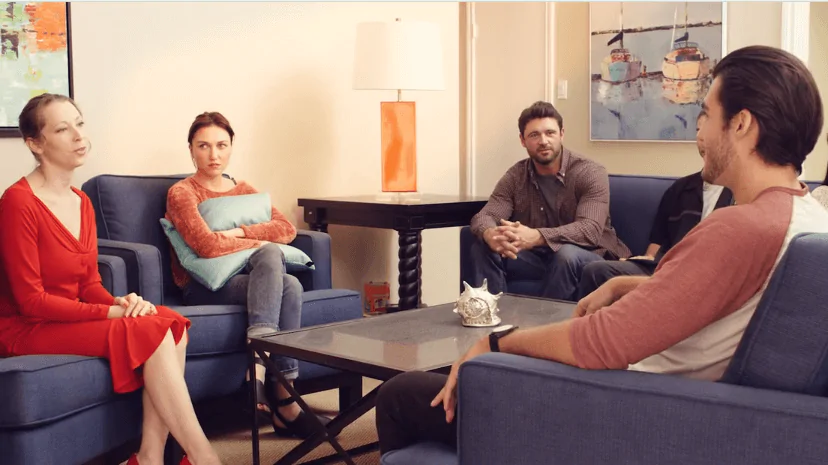24/7 Helpline:
(866) 899-221924/7 Helpline:
(866) 899-2219
Other Insurance Options

Health Net

BlueShield

Medical Mutual of Ohio

Kaiser Permanente

Magellan

AllWell

United Health Care

MVP Healthcare

Private insurance

GEHA

Lucent

Group Health Incorporated

Providence

State Farm

Sliding scale payment assistance

Molina Healthcare

Access to Recovery (ATR) Voucher

Oxford

Absolute Total Care

Humana

Wyoming Recovery
Wyoming Recovery in Casper, Wyoming stands as a reputable addiction treatment center for individuals...

Central Wyoming Counseling
Central Wyoming Counseling (CWC) is a reputable dual-diagnosis substance abuse treatment center in C...

Transitions Family Counseling and Mediation Center
Transitions Family Counseling and Mediation Center is a private rehab located in Casper, Wyoming. Tr...






































































































Day Reporting Center
Day Reporting Center is a private rehab located in Casper, Wyoming. Day Reporting Center specializes...

12 – 24 Club
12-24 Club is a community resource for groups and individuals seeking for recovery with an attitude ...

The Woman’s Heart
The Woman’s Heart is a private rehab located in Casper, Wyoming. The Woman’s Heart specializes in th...

Sunrise Resources Center
Sunrise Resources Center is a private rehab located in Casper, Wyoming. Sunrise Resources Center spe...

Reflections
Reflections is a private rehab located in Casper, Wyoming. Reflections specializes in the treatment ...

Wyoming Behavioral Institute
Wyoming Behavioral Institute is a drug and alcohol rehab located in Casper, Wyoming. They provide me...

New Horizons
New Horizons is a private rehab located in Casper, Wyoming. New Horizons specializes in the treatmen...

Stepping Stones Counseling
Stepping Stones Counseling is a private rehab located in Casper, Wyoming. Stepping Stones Counseling...

Dewey Skansberg and Associates
Dewey Skansberg and Associates is a private rehab located in Casper, Wyoming. Dewey Skansberg and As...

Alcohol and Drug Treatment Services
Alcohol and Drug Treatment Services is a private rehab located in Casper, Wyoming. Alcohol and Drug ...

AA – Alcoholics Anonymous
AA – Alcoholics Anonymous is a non-profit rehab located in Casper, Wyoming. AA – Alcoholics Anonymou...














































